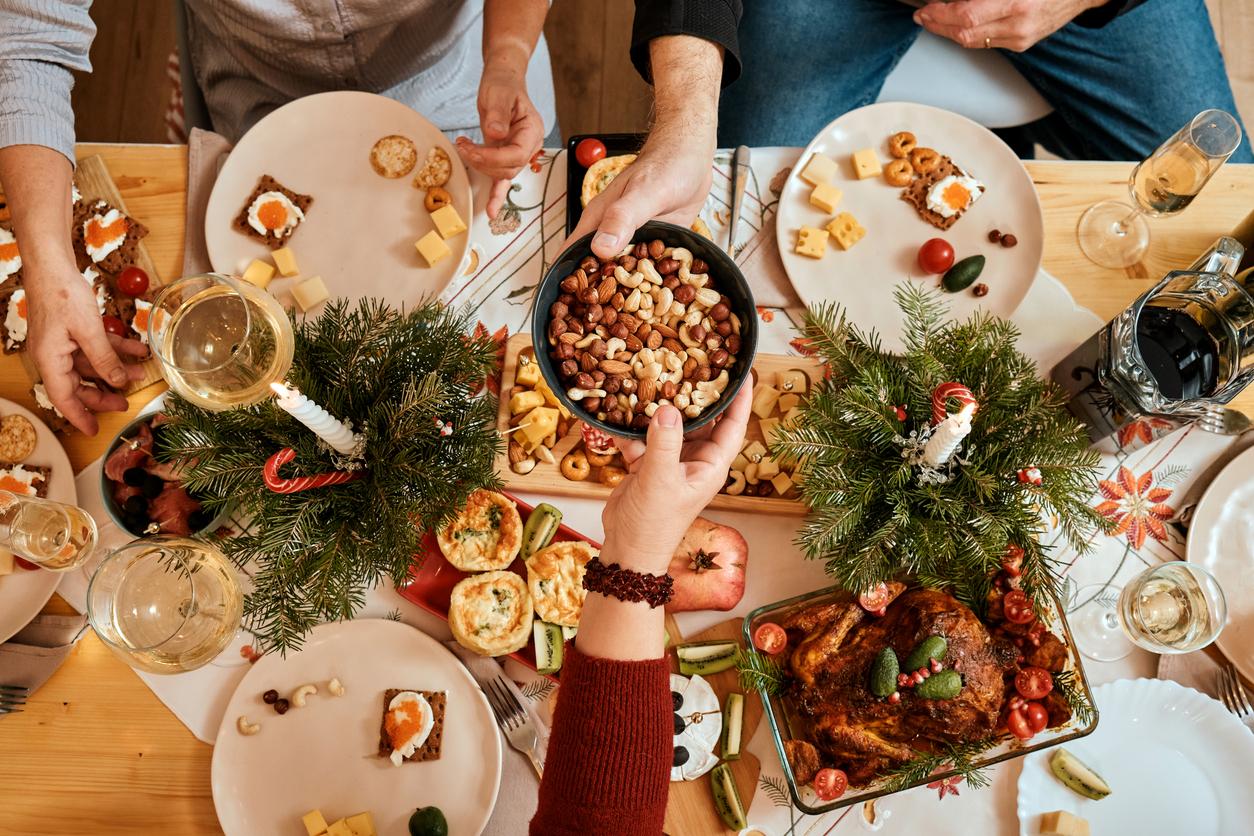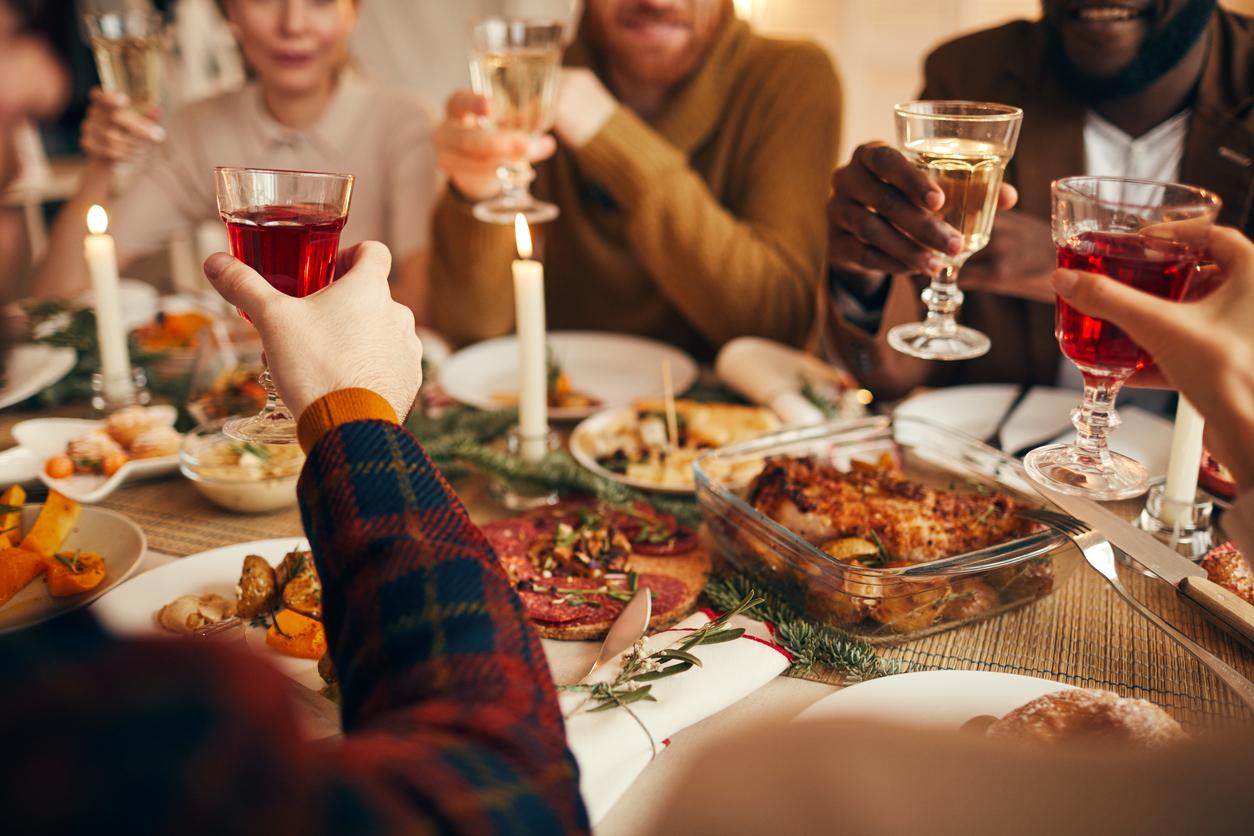Although according to a recent Odéro poll, more than a third (38%) of French people do not see the merits of this restriction, for infectious disease specialist Jean-Paul Stahl, the rule of “six at the table” is a measure common sense to limit the transmission of the virus as much as possible.
-1607095154.jpg)
A Christmas unlike any other. Thursday, December 3, Prime Minister Jean Castex expressed in his speech his wish to see Christmas and New Year’s Eve meals limited to a maximum of six people, not counting children. In an Odero poll published on Wednesday, nearly a quarter of French people (23%) announced that they would not respect this limitation even if it became compulsory. If 38% of respondents are against this measure, Jean-Paul Stahl, infectious disease specialist at the Grenoble hospital center, explains to us why he believes in the usefulness of this measure.
– In your opinion, what is the validity of this recommendation?
The rationale is to avoid having meals for thirty people. The more people you gather in an enclosed space, the more the chances of transmissions increase. As we know, 60% of cases of contamination occur during a meal – whether private or in a restaurant – because it is a time when you do not have masks. Afterwards, if you are lucky enough that among the thirty guests, there is no carrier of the virus, there will be no contamination, that is logical. But the number of people around the table increases the risks. In short, it’s just a statistical problem.
– Knowing that in the six people, children are not included and that they can be asymptomatic carriers, do you think this could be a problem?
Children can be asymptomatic carriers but transmission in the child/adult direction is not frequent, it is rather adults who contaminate children. This is what we see on French pediatric studies but also in the United States, so I do not believe that children are a problem. Afterwards, you can’t ask people to separate the children, you have to be realistic.
– Speaking of the reality principle, Professor Rémi Salomon mentioned a few weeks ago the possibility of having grandparents eat in the kitchen. Do you think it’s a matter of common sense?
It’s not realistic, no one will do that. Either we consider that the elderly are too fragile, in which case these people stay at home as a precaution, or if they come to your house, it is not to be in the next room. The best way to protect them is to try to stay away and wear a mask when you’re not eating.
– For the holidays, we will be with people who do not live under the same roof as us. Doesn’t this risk increasing the phenomenon of transmission of the coronavirus?
This is of course a risk, which is why the Italians and the Spaniards have limited the meetings to two different homes. The Germans are ten people for the holidays, which amounts to much the same thing. In France, six people represents an average of two households, which limits the risks. With a few variations, all Europeans do the same: there shouldn’t be a lot of people around the table, that’s all.
– Unlike Christmas, which is celebrated with the family, New Year’s Eve mixes the family sphere with the friendly sphere. How can we consider a restricted New Year’s Eve?
Honestly, people have to have a minimum of responsibility. They must have finally understood — I say finally because it makes us angry from a health point of view — that if they had listened to what we had told them in the spring, we would not be here. Nothing was listened to, they partied, filled the beaches and here we are. If people still haven’t understood that by gathering together in a confined space, we inevitably create transmission, illnesses, and deaths by extension, then we can’t do anything about it.
.

















